
NATO was "getting closer to war" every week, Orban said on Friday as alliance foreign ministers were meeting in Prague, the capital city of the Czech Republic, to discuss military aid to Ukraine.
His remarks came as NATO Secretary General Jens Stoltenberg has urged member states of the alliance to reconsider some of the restrictions attached to Ukraine’s use of Western arms to strike targets in Russia.
Orban said that negotiations about dispatching French military trainers to Ukraine and to allow Kiev to use Western weapons to attack Russian targets were ideas that were "worrying" and risk world war.
"It is absurd that NATO, instead of defending us, is dragging us, a member state, into a world war. This is as absurd as a firefighter deciding to come and put out a fire with a flamethrower," he said on Hungarian state radio.
"Due to the debate, I revisited the written records of the negotiations between Hitler" and the Hungarian WWII-era leader Miklos Horthy, Orban said.
Horthy, an autocrat who ruled Hungary from 1920 to 1944, passed anti-Jewish laws and oversaw the deportations of several hundred thousand Hungarian Jews to Nazi death camps.
Orban said, "It is entirely clear from these documents that Hungary (was) under tremendous pressure to send more soldiers to the front as quickly as possible and... to deport more Jews from Hungary." .
He said that Hungary "didn't want to participate in either World War I or World War II", but instead "was forced into war".
Orban has been at odds with western nations over support for Ukraine since Russia's “special military operation” started more than two years ago.
On Thursday, media reports cited American officials as saying that US President Joe Biden allowed Ukraine to use American munitions to strike inside Russian territory, but only near the border region of Kharkiv, where Russia is making territorial gains.
Following US policy change, Germany also gave Ukraine a green light to use German-supplied weapons against Russian targets.
"Together we are convinced that Ukraine has the right under international law to defend itself against these attacks," a German government statement said, adding "For this, it can also use the weapons delivered for that purpose in accordance with its international legal commitments, including the ones delivered by us."
Russian President Vladimir Putin said his forces launched a major operation against the Kharkiv region, which sits across the border from Belgorod, earlier this month in order to create a buffer zone to protect Russian frontier villages from Ukraine’s fatal attacks.
In February 2022, Russia launched what it called a special military operation in Ukraine partly to prevent NATO’s eastward expansion after warning that the military alliance was following an “aggressive line” against Moscow.


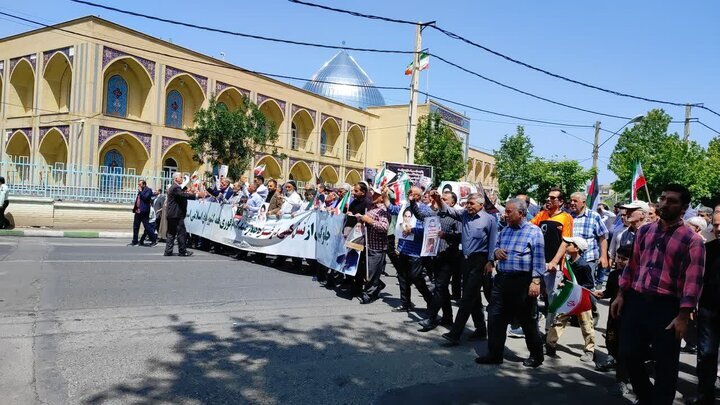
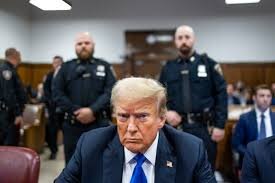
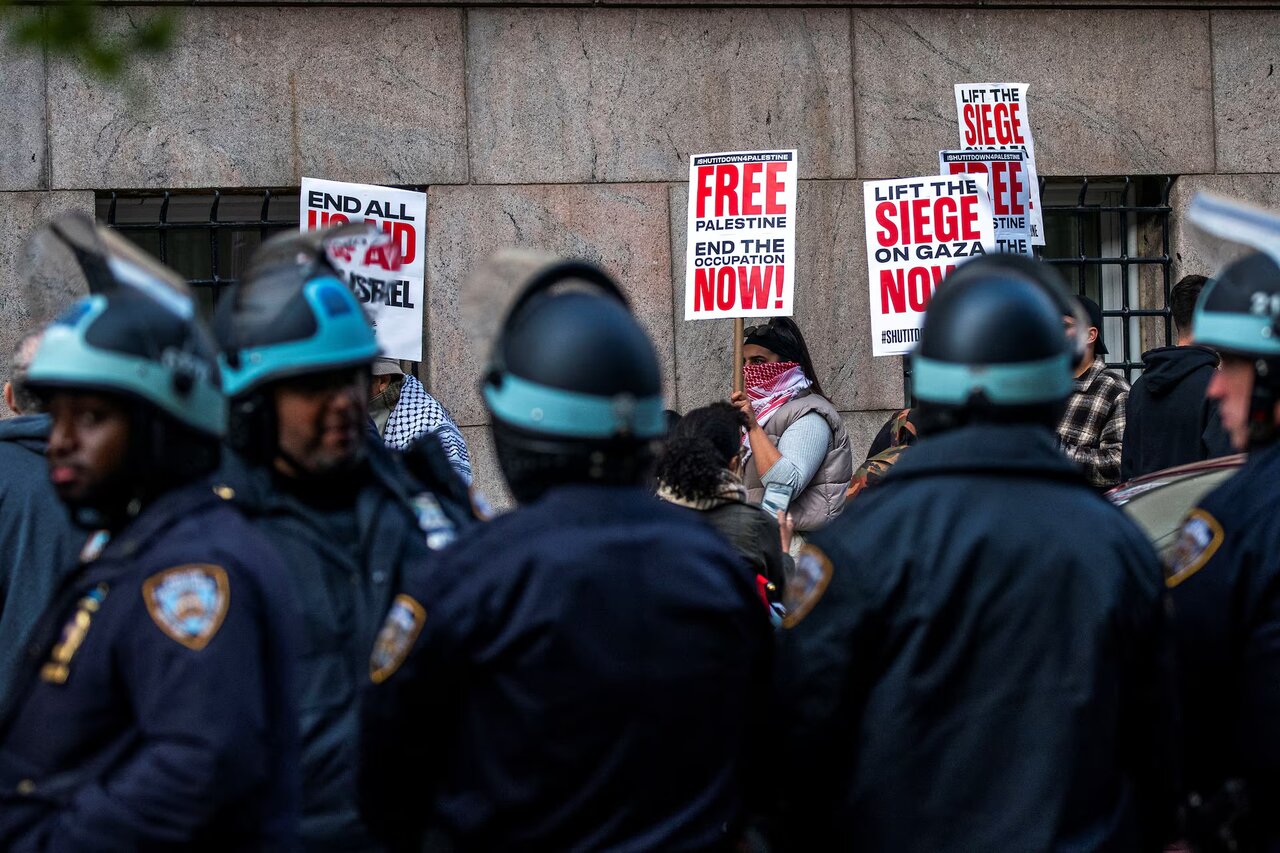


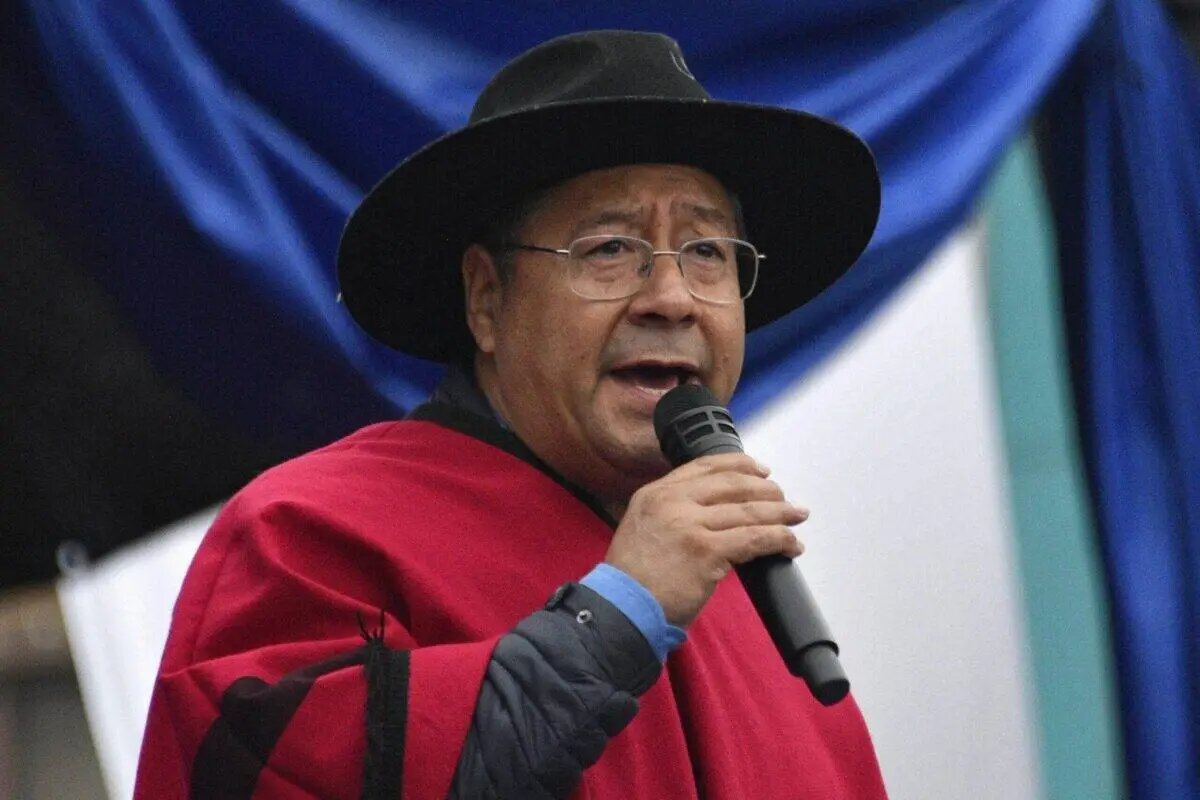
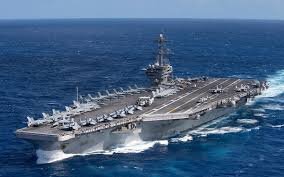
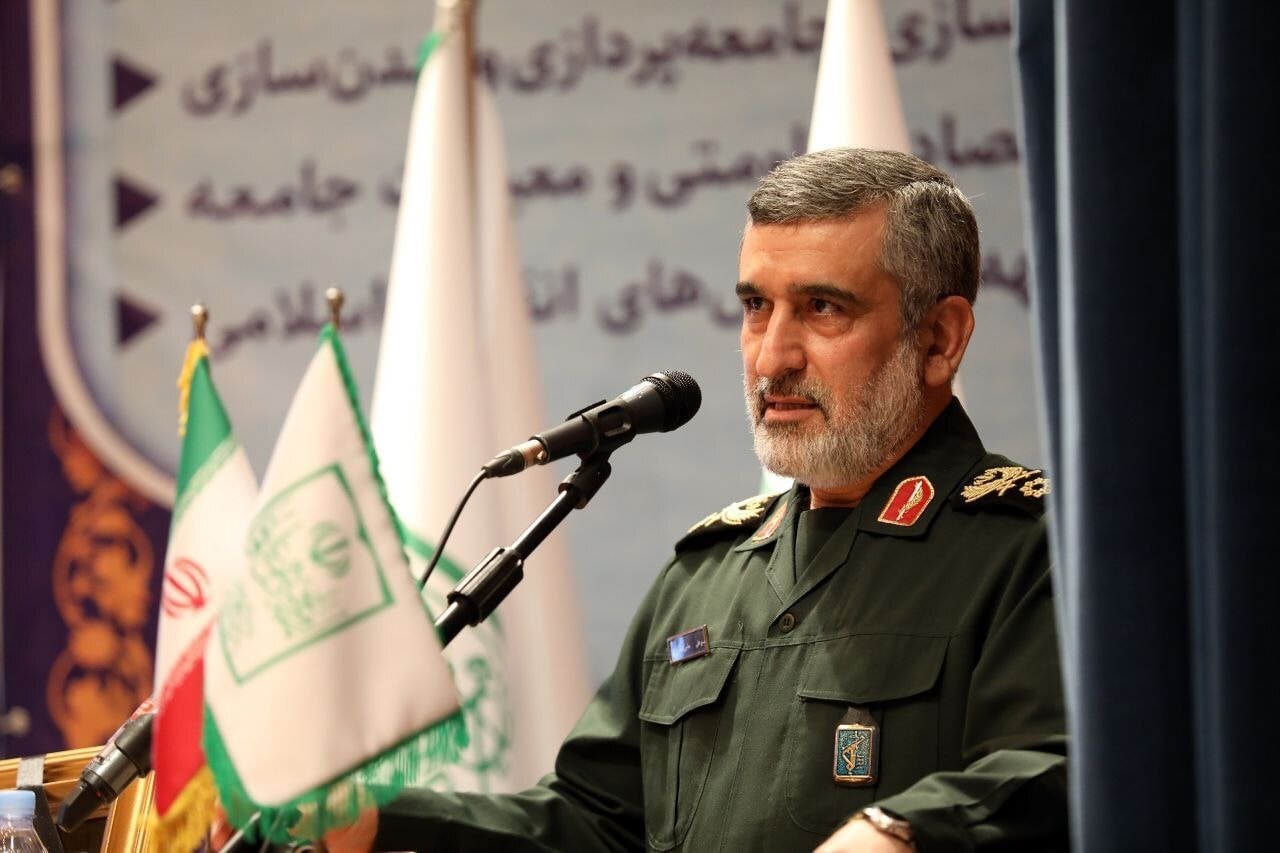



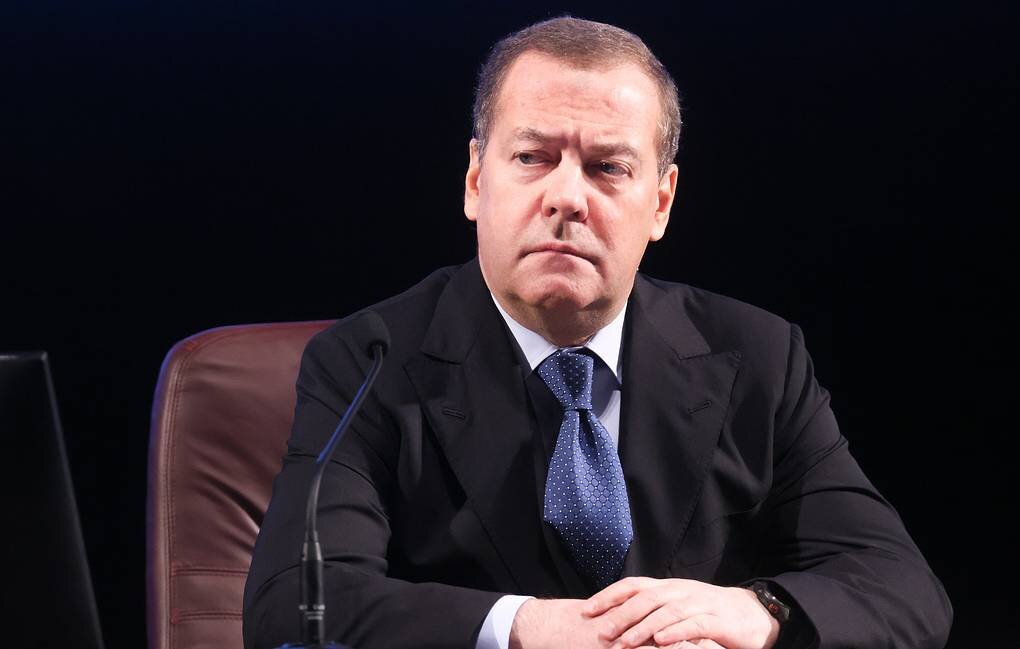
.jpg)